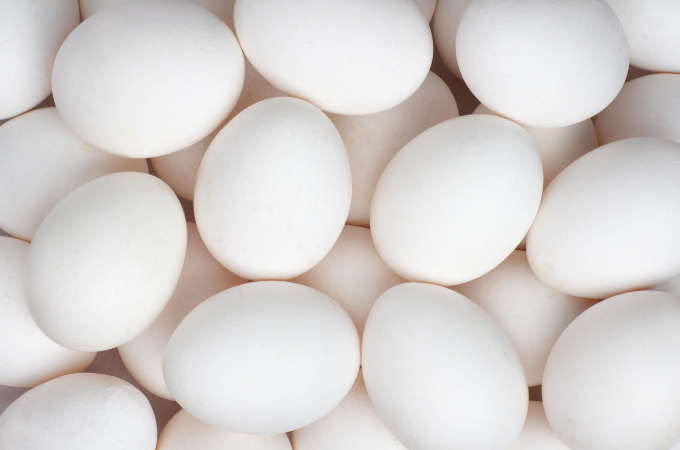Who are the women who choose to freeze their eggs? Many face illnesses like endometriosis and cancer that require them to be proactive about preserving their fertility. While others use egg freezing as a way give them more time to find the right partner or situation. Others select egg freezing when they have a partner, but not in a position to build a family.
On the latest Medical Daily article, “What to Expect When You’re Not Expecting,” one woman, Hally, describes why she froze her eggs at the age of 37. “I was focused on my career, my education, I moved to a couple of different cities… and when I did meet someone I fell in love with…,” she froze her eggs as a way to ensure her options to have a family down the road.
Hally learned about egg freezing from friends who either talked about it or had undergone in vitro fertilization (IVF) or other fertility procedures. “If I were still single I probably wouldn’t have done it,” Hally says, adding she was always someone who just lived in the present. That was until she fell in love and “the future question” came up—she and her future husband needed to address it.
“I kind of did it because I didn’t want [my partner] to make decisions [about the future] based on my age, I wanted him to make decisions based on what was right for him,” she says.
Hally isn’t alone. According to the Society for Assisted Reproductive Technology (SART), nearly 5,000 women froze their eggs in 2013, which is up from 500 women who froze their eggs in 2009. Shady Grove Fertility, alone, performed 250 cycles in 2014, 350 in 2015, and an expected 450 cycles will be done this year.
Egg Freezing Technology
While, “cryopreservation of sperm and embryos has been going on for decades,” says Eric A. Widra, M.D. of Shady Grove Fertility, who was interviewed for this story, egg freezing is still “a young technology.”
The Shady Grove Fertility Egg Freezing Program uses a technique called vitrification to flash freeze eggs, in order to minimize the ice crystals in the egg. According to Dr. Widra, not only is vitrification a developing technology, “the egg is the largest, most complicated cell in humans, full of water and fussy,” noting by comparison “sperm are simple, they’re just little DNA bots.” Given the complexity of human eggs, additional layers of precision and experience are needed to ensure the best possible outcomes.
The actual freezing of eggs isn’t the last step of the process and only half of what women should be considering when it comes to success rates. The technology a fertility center uses to thaw eggs is just as vital as the ones chosen to freeze eggs.
How Many Eggs Do You Need to Take Home a Baby?
The answer depends on your age. For women 37 or younger, we recommend freezing 15 to 20 mature eggs. If you are older than 37, you may need to freeze more eggs—we recommend freezing 20 to 30 mature eggs. By freezing this number of eggs, women have a greater chance of taking home a baby. In fact, a recent study of SGF patients found if a woman 37 or younger freezes the recommended number of eggs, she has a 70 to 80 percent chance of taking home a baby.
Egg Freezing When You Have a Partner
Women who ultimately choose to freeze their eggs are motivated by a variety of reasons and situations, with a common thread of wanting more in control of future fertility. Like many other women who preserve their fertility, Hally says her “frozen eggs represent hope,” and widens the opportunities she has at having a baby when she’s ready.
To learn more about egg freezing when you have a partner, or for more information, call 1-877-411-9292 to speak with one of our New Patient Liaisons. You can also fill out this form to schedule an egg freezing appointment, or register for one of our upcoming patient educational events.






